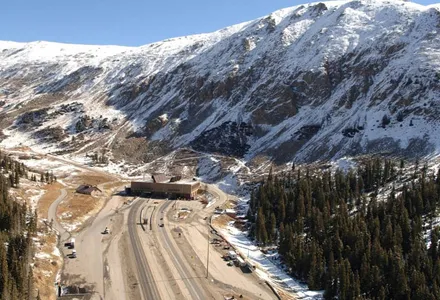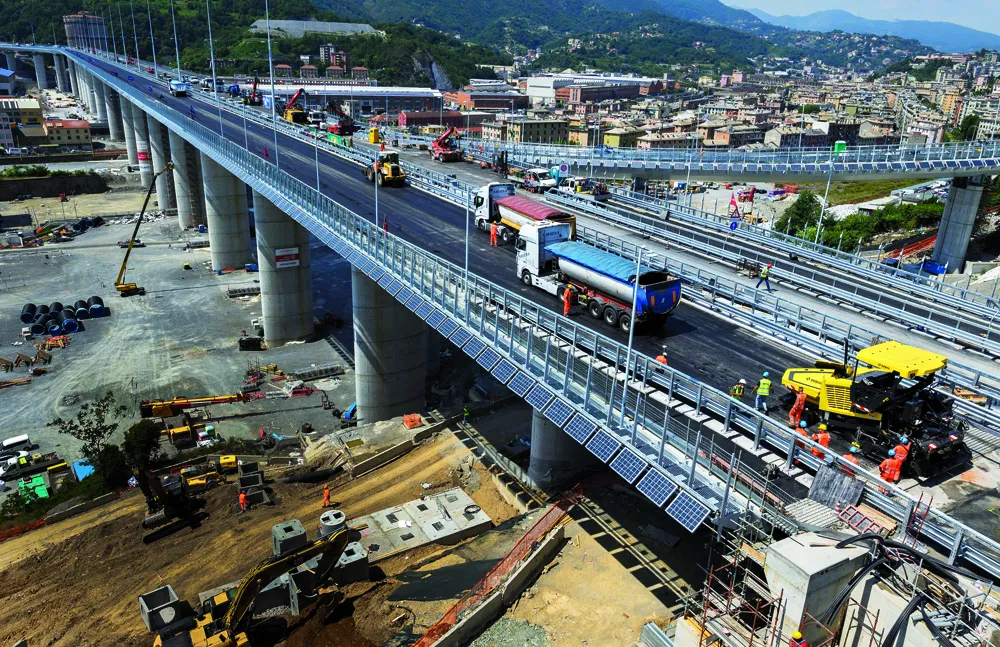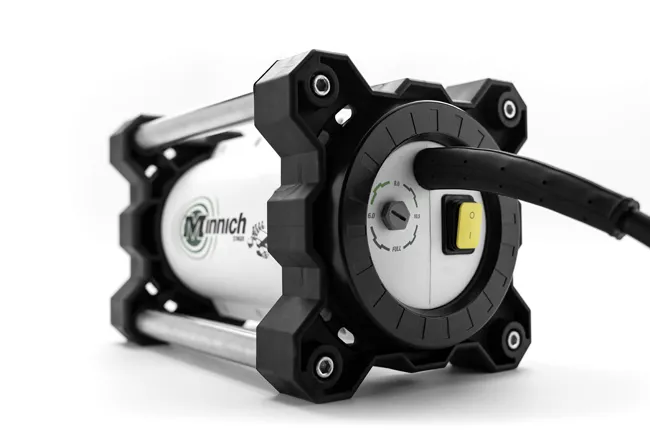MeadWestvaco (MWV) says that its Evotherm warm mix asphalt technology is now approved by the Colorado Department of Transportation (Colorado DOT) for use in statewide paving projects. The warm mix asphalt system can be used in any traditional hot-mix asphalt application, but with significantly lower temperatures required for paving application. This feature is particularly useful in Colorado's high altitude paving projects and has been tested extensively.
February 28, 2012
Read time: 2 mins

In August 2007, CDOT and MWV began paving a portion of I-70 as an Evotherm test section near the Eisenhower and Johnson Tunnels. This paving project incurred some of the harshest environments to date where Evotherm had been applied - including 89mm of precipitation annually, much of which is frozen and equating to 508mm of snowfall. With 150-200 freeze thaw cycles annually, challenges from annual daily traffic equalling 30,000 vehicles/year on average and 10% truck traffic, this test area provided significant challenges.
CDOT said that the trial with MWV allowed it to answer lingering concerns regarding moisture susceptibility for warm mix asphalt. Even at an altitude of nearly 3,350m, the roadway paved with Evotherm is performing well. The CDOT and the National Center for Asphalt Testing (NCAT) recently published a three year project report, and Evotherm is said to have matched the performance of traditional hot mix asphalt.







